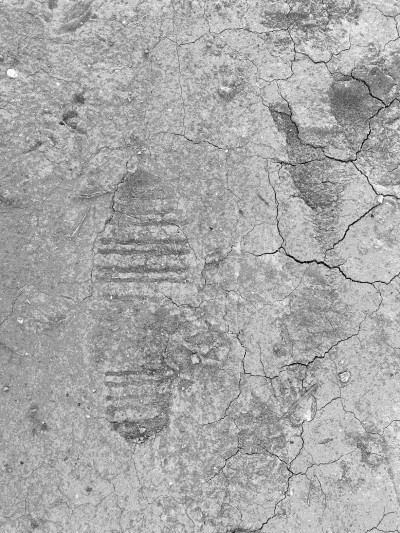The Farm after the Feminist Ecological Revolution
Germany/Italy, 2022
Video, color, stereo, 16 min.
26 drawings, A4 and A3.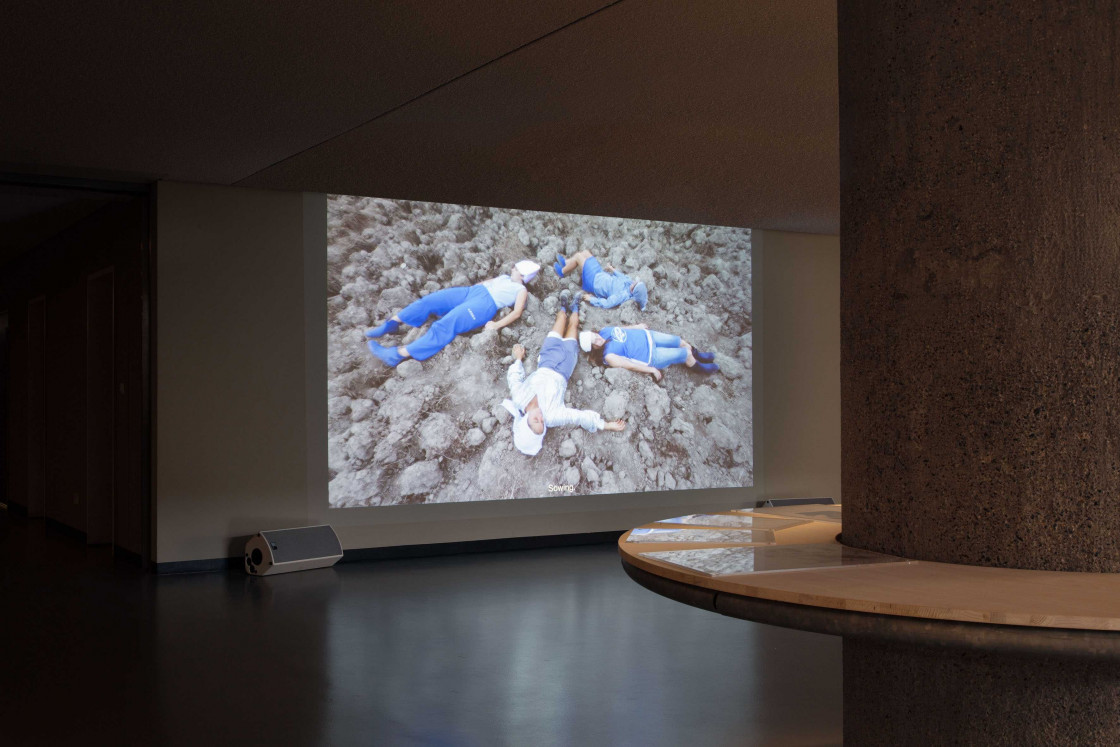
Haus der Kulturen der Welt, Berlin, installation view, 2022.
Photography: Jens FrankeIn my life at the farm after the feminist ecological revolution, I will sow myself.
What do life and death look like on farms after the Christian patriarchal era? The bodily work of women outside in the fields for centuries has been described in a language that called the earth fertile or barren and referred to seeds (in Danish/German: sæd/Samen). Women carried the nascent life, gave birth and cared for younger and older generations in a system called family. Through marriage, women received a name that was not their own and had to leave their home land, because not they but their brother would inherit the paternal farm. What languages need to be designed today to rethink the field, ecology, and care work outside of the binary, heterosexual totality? What utopias, metaphors and proposed solutions are there for agricultural life after the ecological catastrophe and after the oppression of women has been overcome?
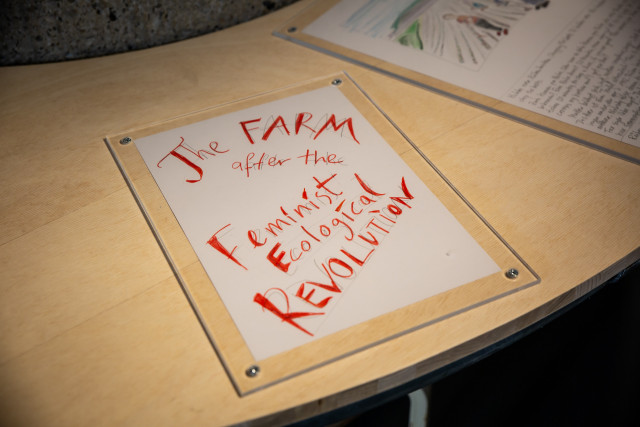
Haus der Kulturen der Welt, Berlin, installation view, 2022.
Photography: Miguel Brusch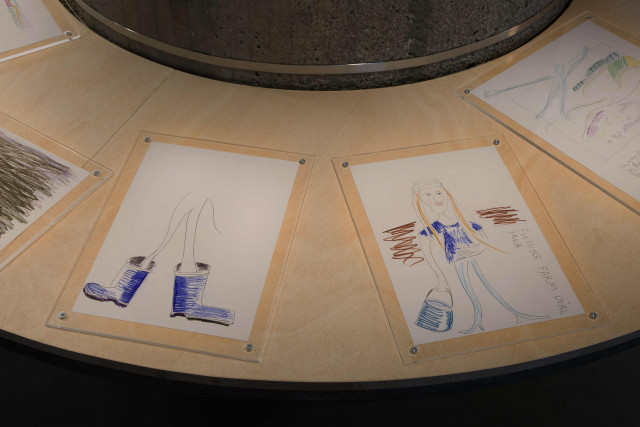
Haus der Kulturen der Welt, Berlin, installation view, 2022.
Photography: Jens Franke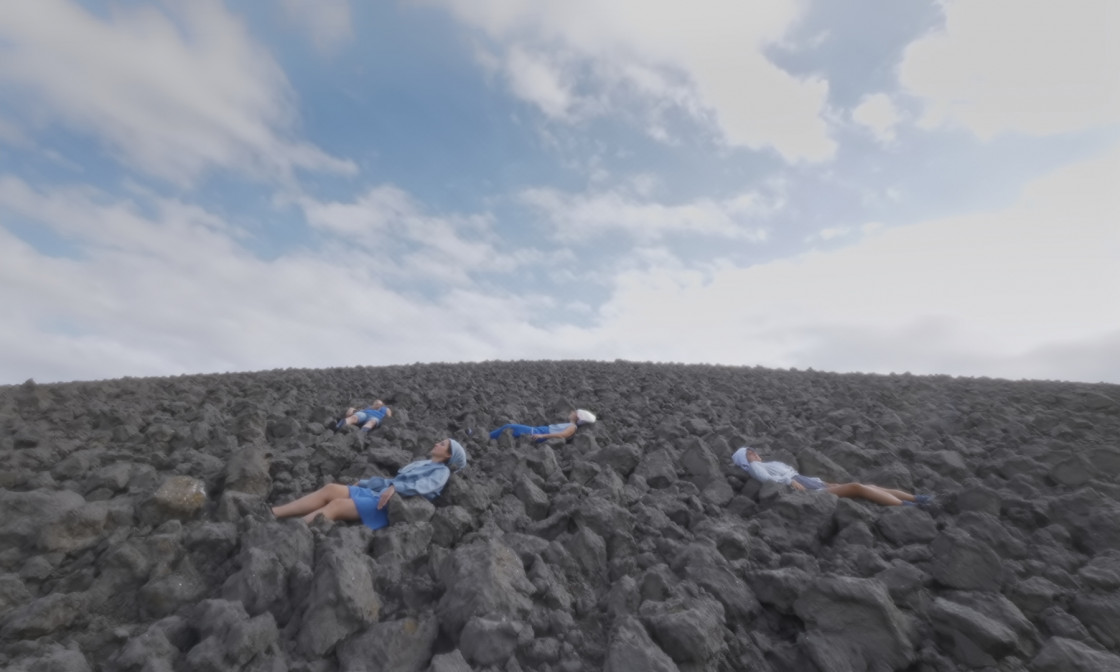
You can’t get rid of the soil.
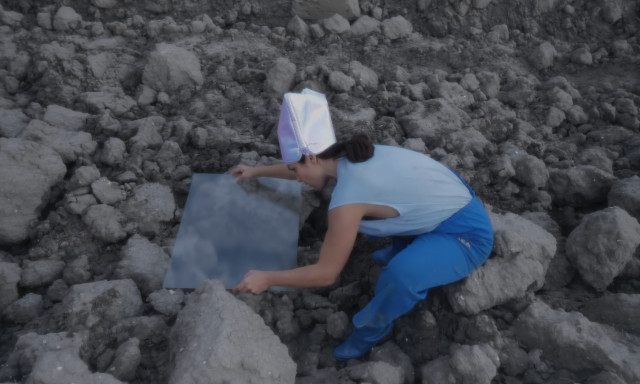
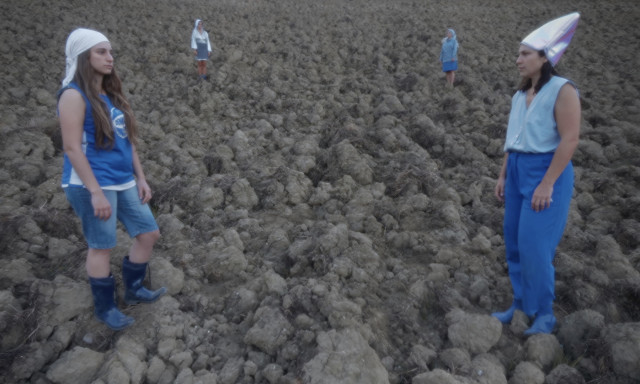
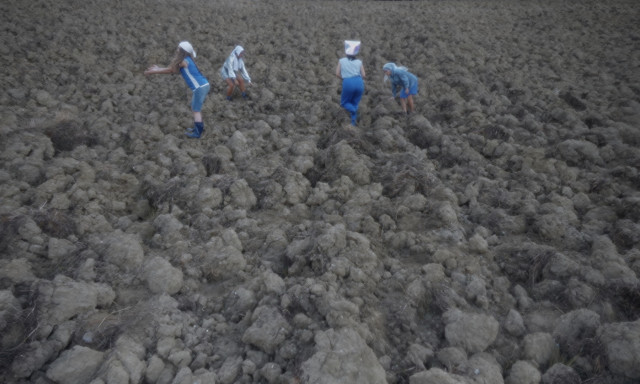
Collecting stones.
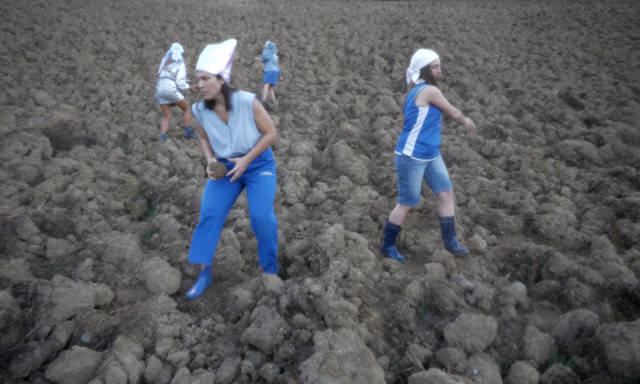
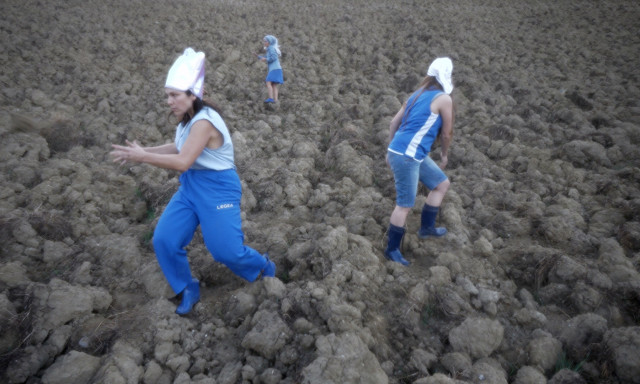
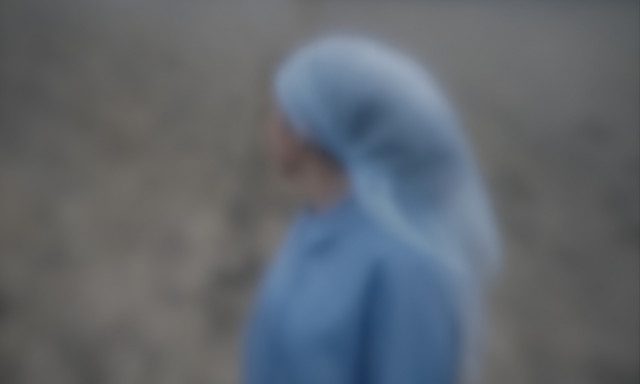
The soil, the landscape and the atmosphere in Certaldo reminds me of Thy, the region and the farm where I grew up in Northwest Denmark.
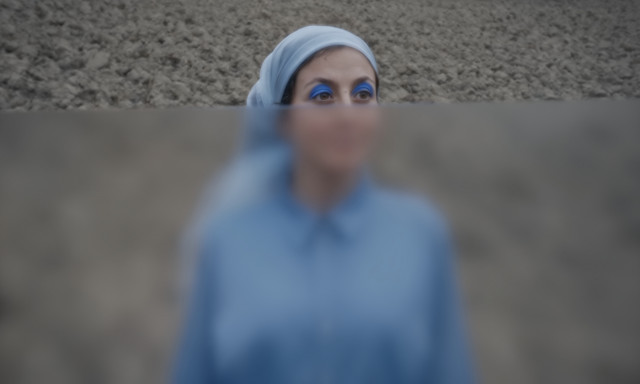
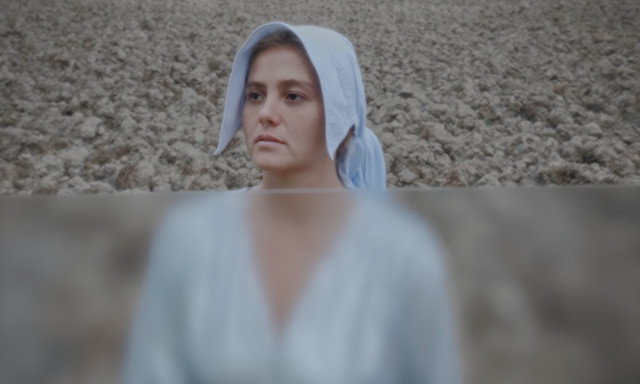
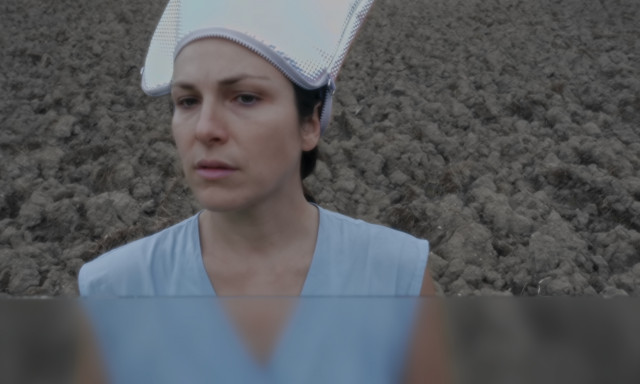
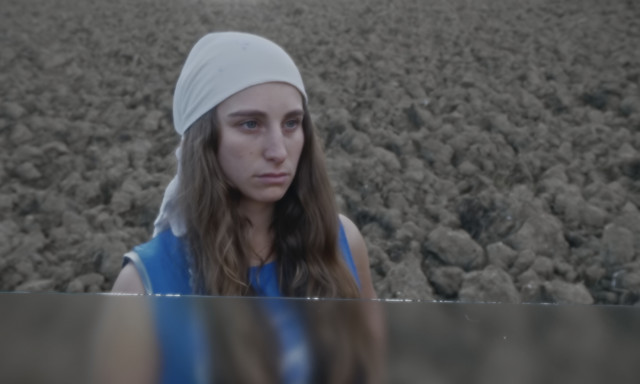
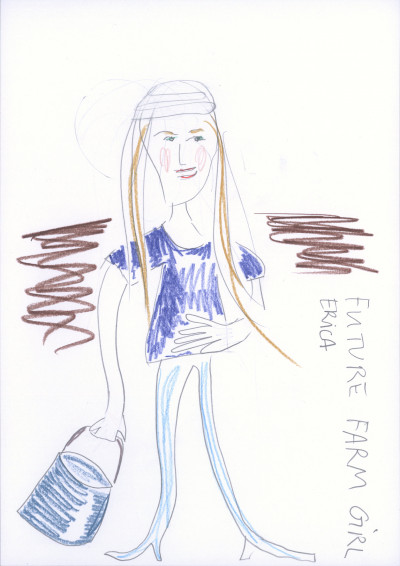
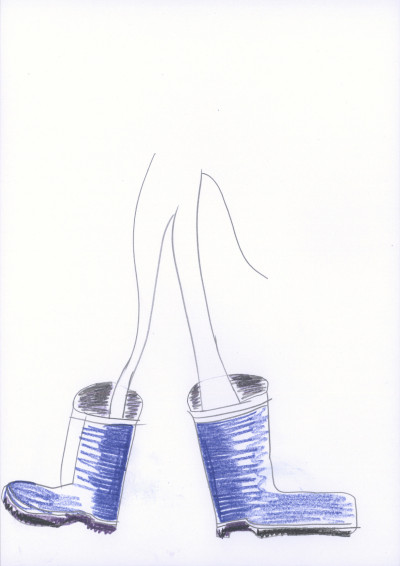
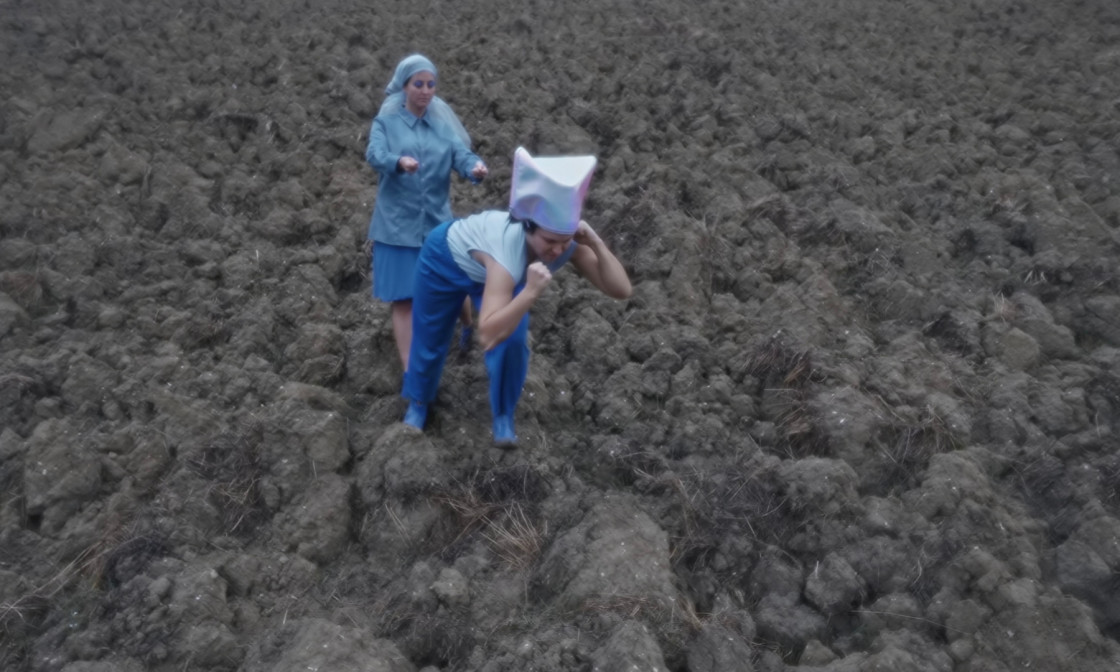
Plowing.
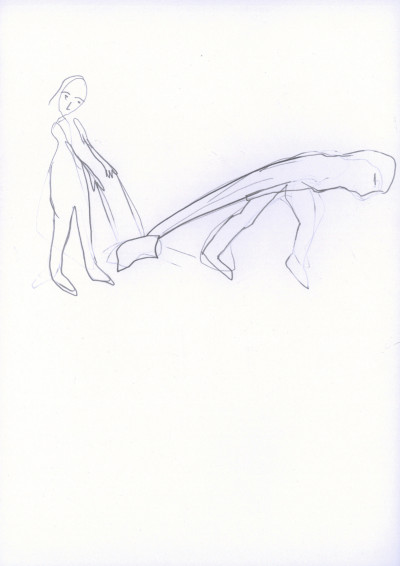
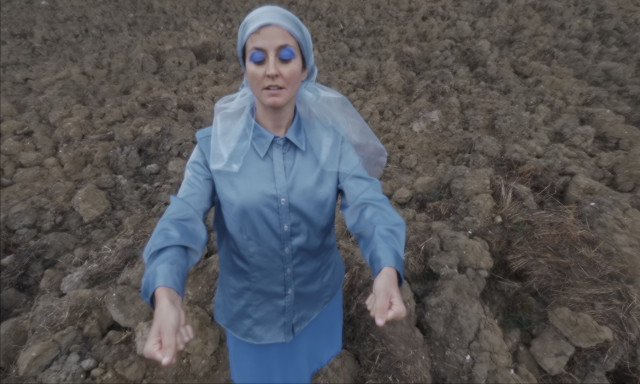
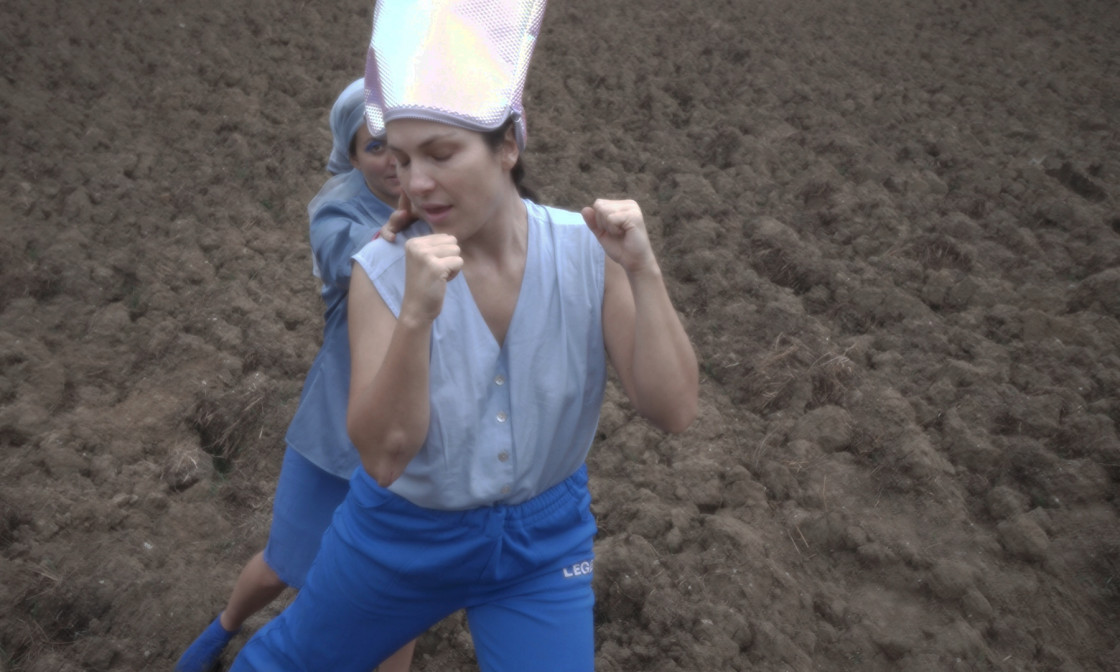
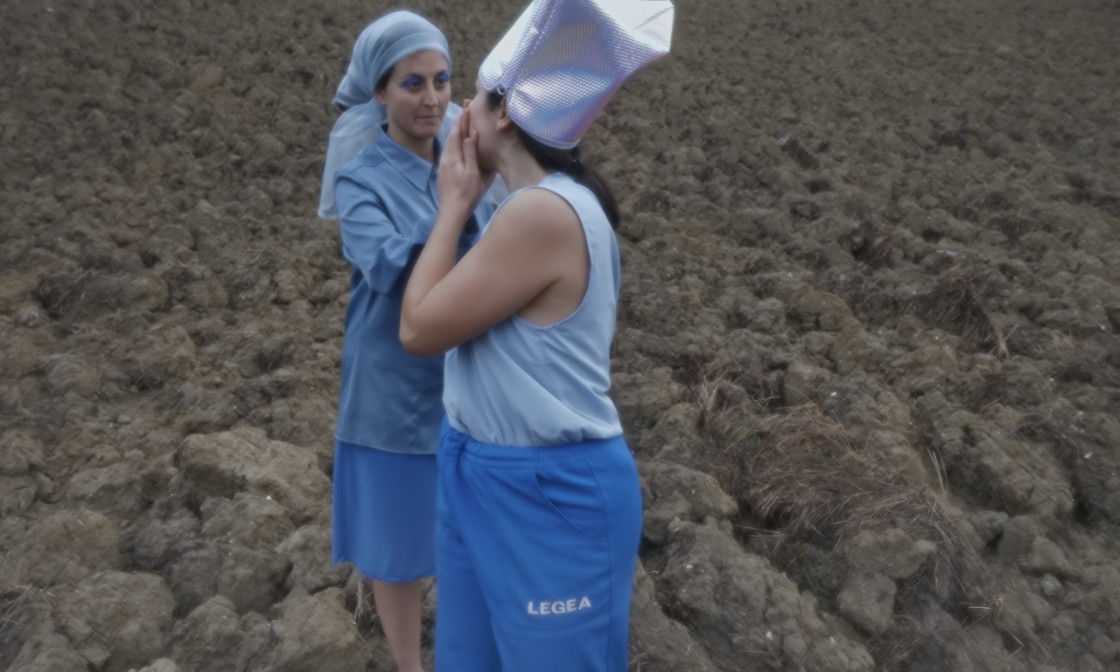
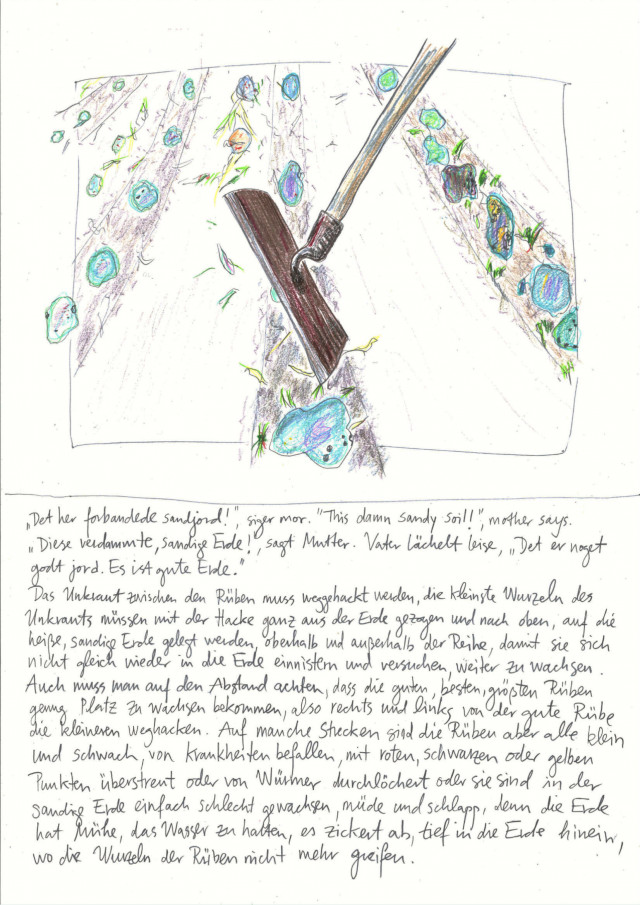
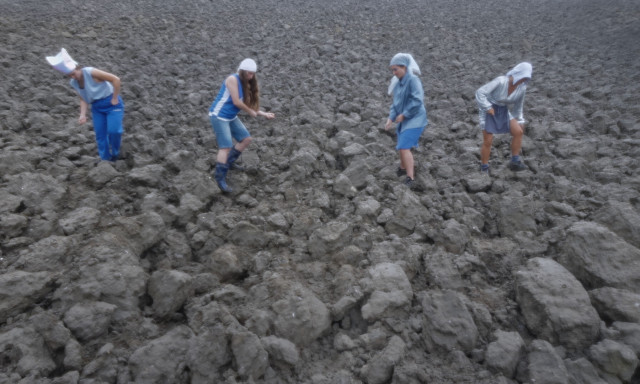
Chopping the turnips.
We chop the turnips.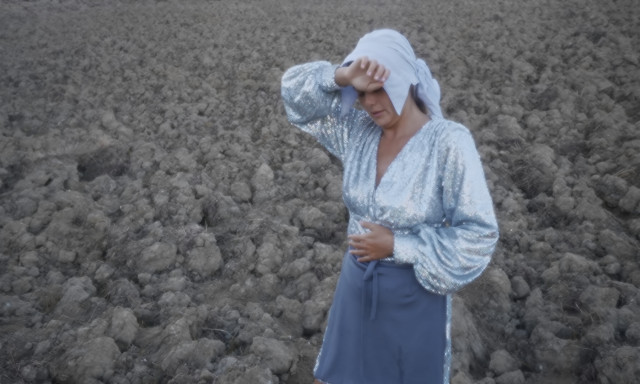
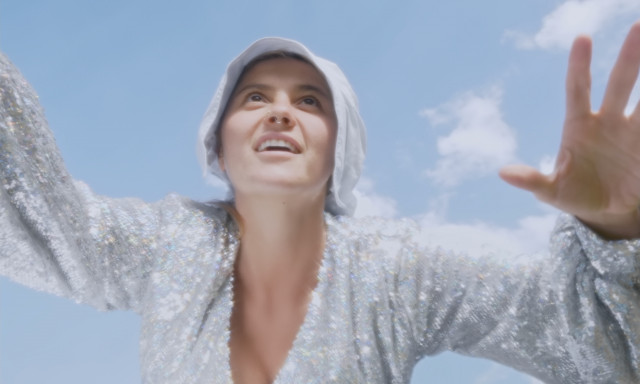
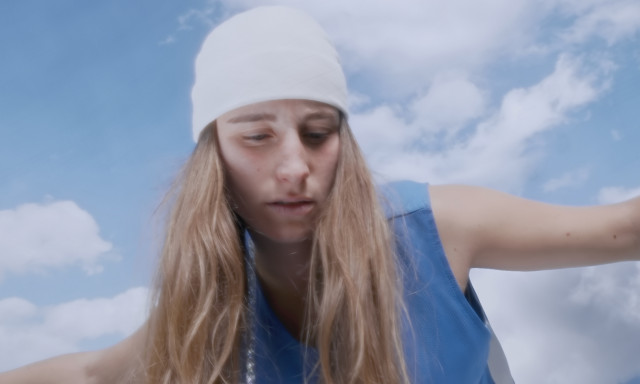
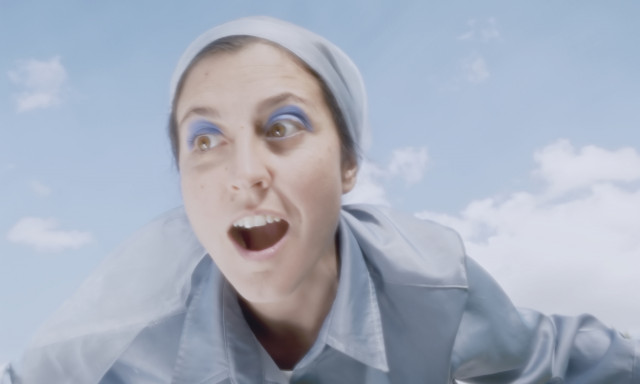
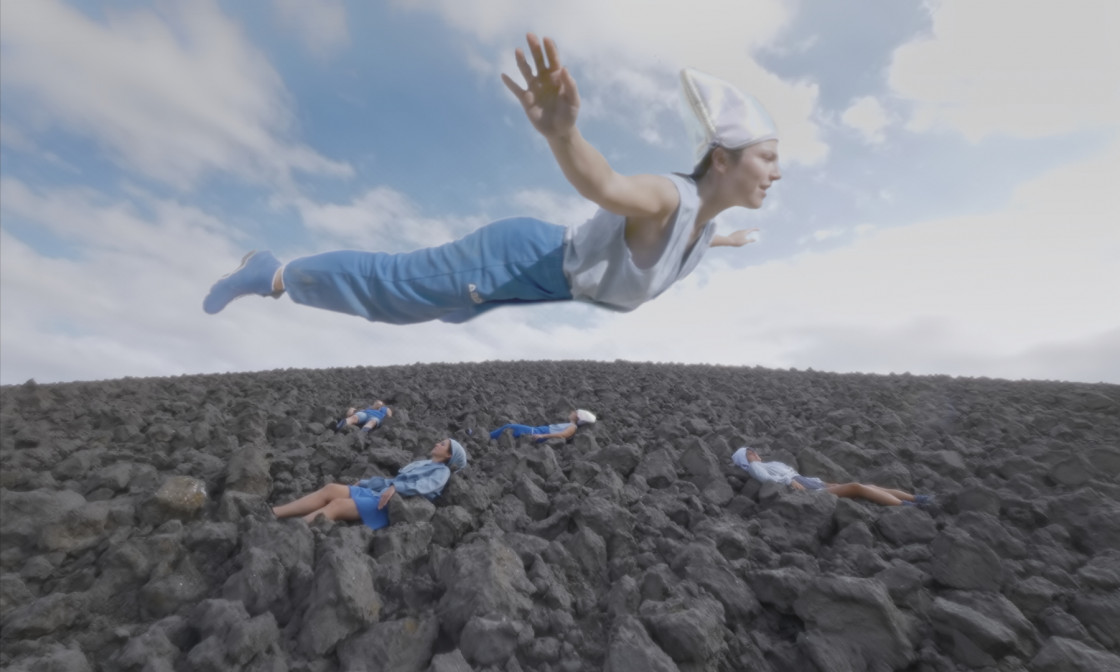
Lying on the soil, seeing yourself flying above.
Dad’s and my dream, I’m flying over the hills.
This dream has followed me my entire life. I told it to my dad,
he said: ‘I also dream this.’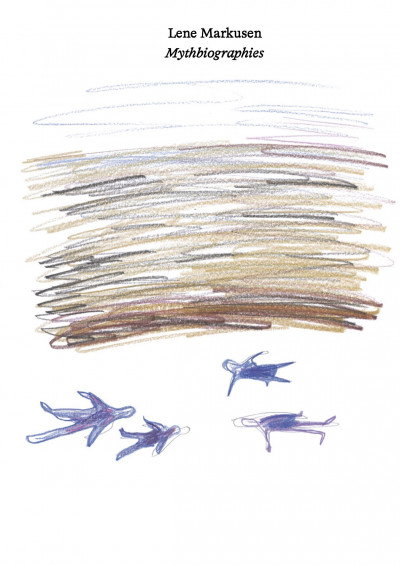
This work is in featured in the artist's book Mythbiographies
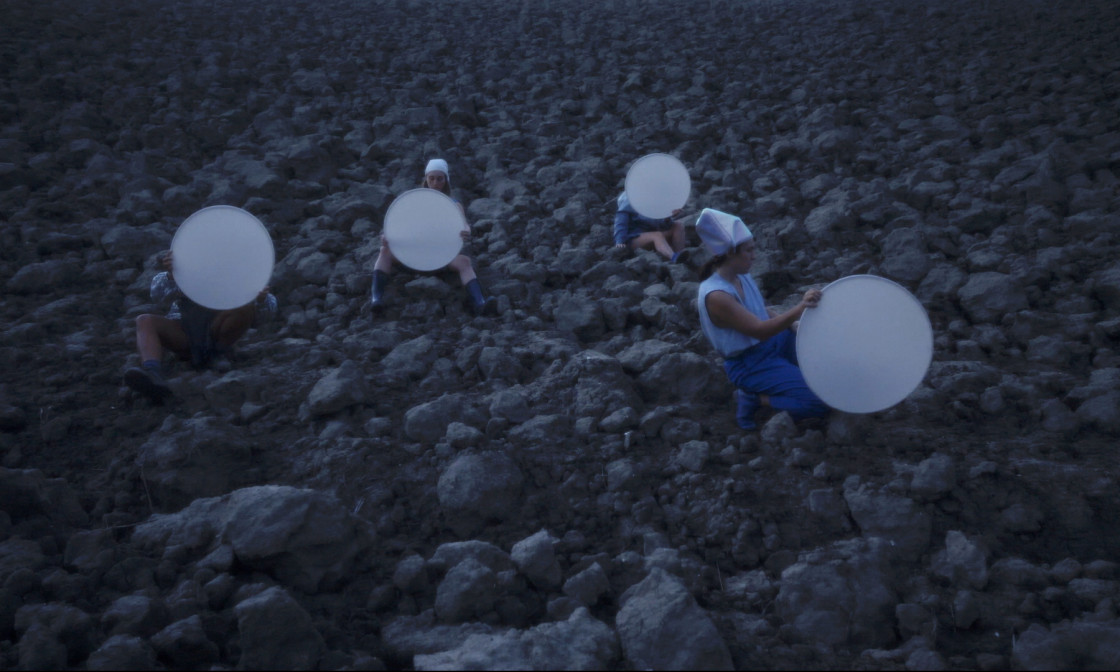
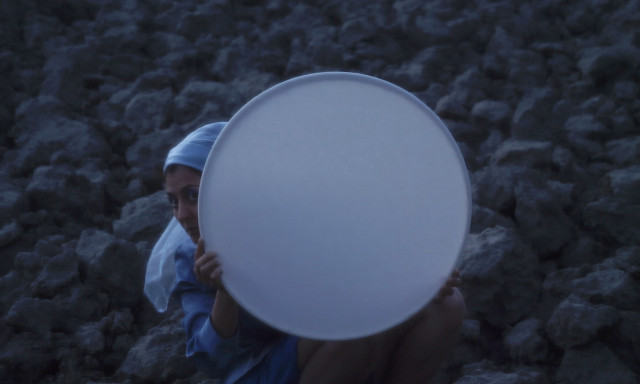
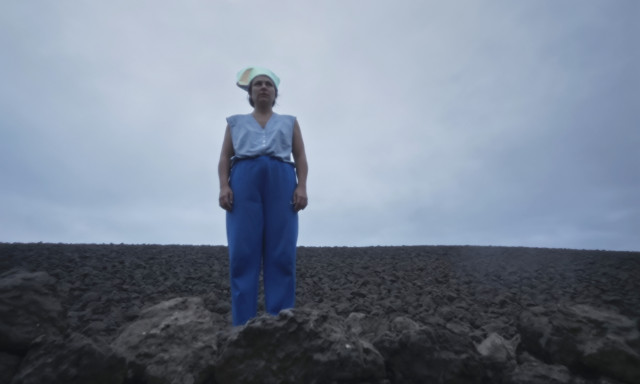
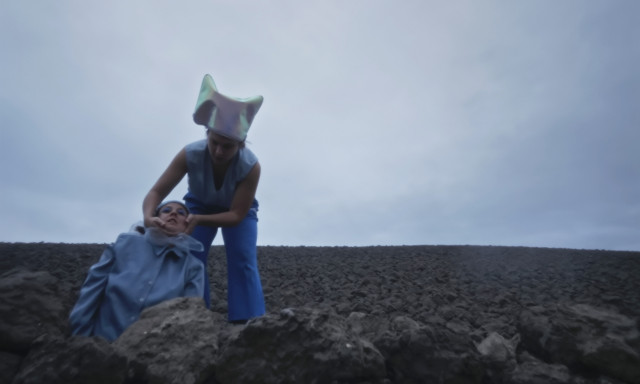
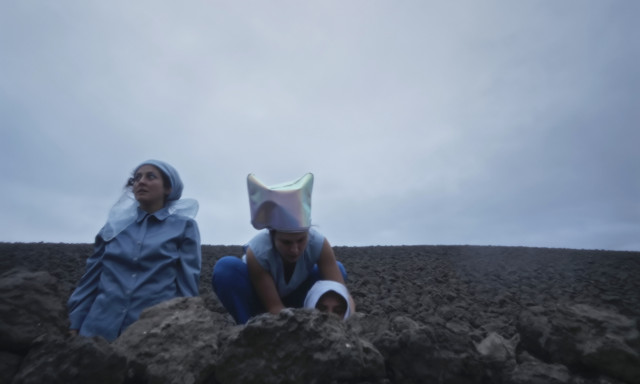
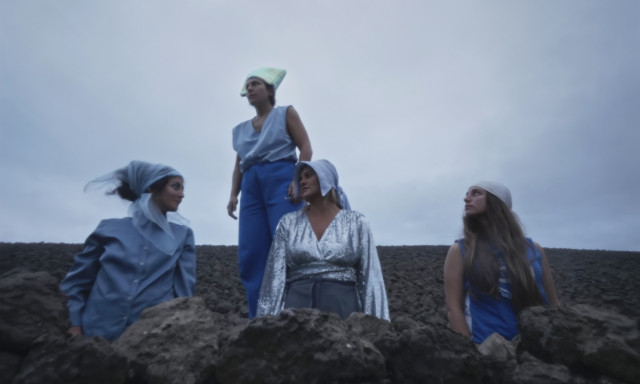
At the farm after the feminist ecological revolution, we will harvest ourselves.
At the farm after the feminist ecological revolution, we will take over the land.
We take over the land.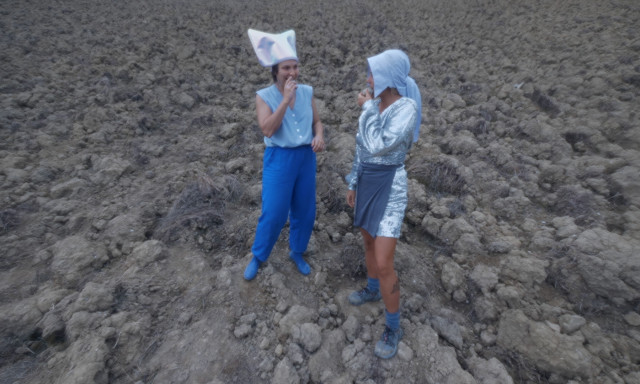
Eating the soil.
Eating the stories.
Eating the story.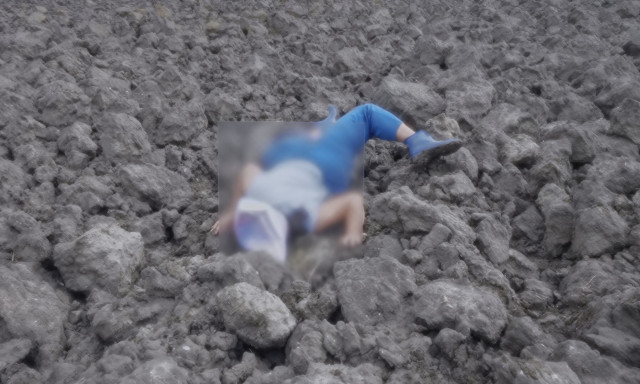
The body’s opaque relation to the soil. The moon separated from the Earth, when all was still fluid.
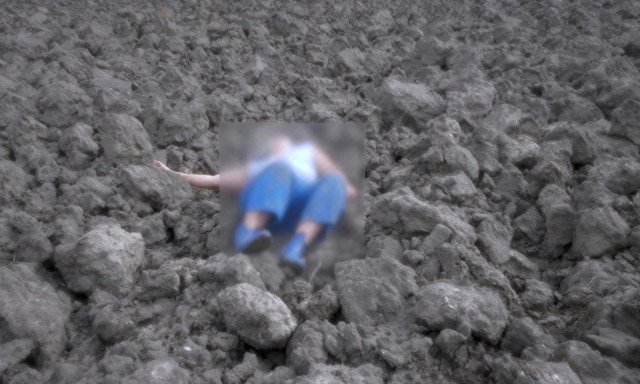
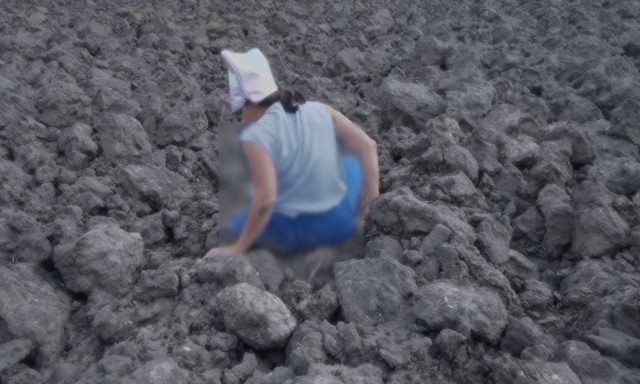
Ane Nilsen
Ane Gregersen
Elna Marie Gregersen
Elna Marie Markusen
Jensine Toftdahl
Jensine Toftdahl Jensen
Alma Helene Toftdahl Jensen
Alma Helene Toftdahl Pedersen
Tove Toftdahl Pedersen
Tove Toftdahl Markusen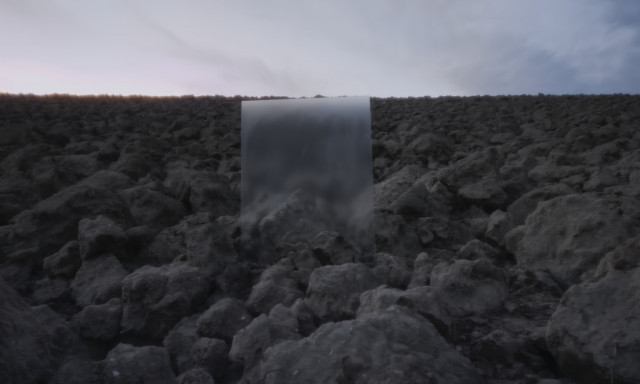
Hello, Mum, do you hear me?
You’ve been gone for so long.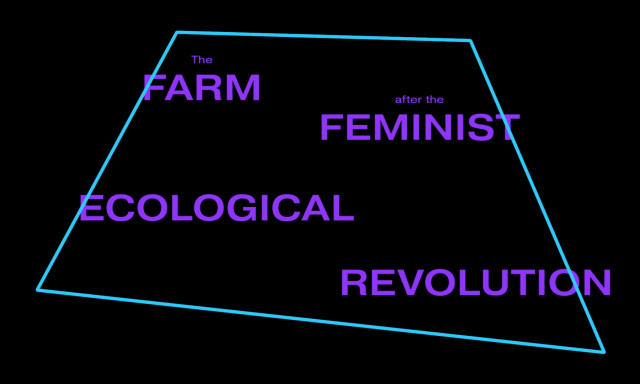
Performed by:
Erica Cosi
Monica Hirano
Adelaide Mancuso
Lucrezia Palandri
Director of Photography: Giulia Lenzi
Director´s and Production assistant: Amelie Conrad
Costumes and Make-up: Lene Markusen
Soundtrack: Martina Raponi / noiserr
Graphics: Veronica de Haas
Curatorial Supervisor: Valeria D'Ambrosio
Voice Over: Lene Markusen
Written and directed by Lene Markusen
With the financial support of Hamburgische Kulturstiftung,
Neustart Kultur and Stiftung Kunstfonds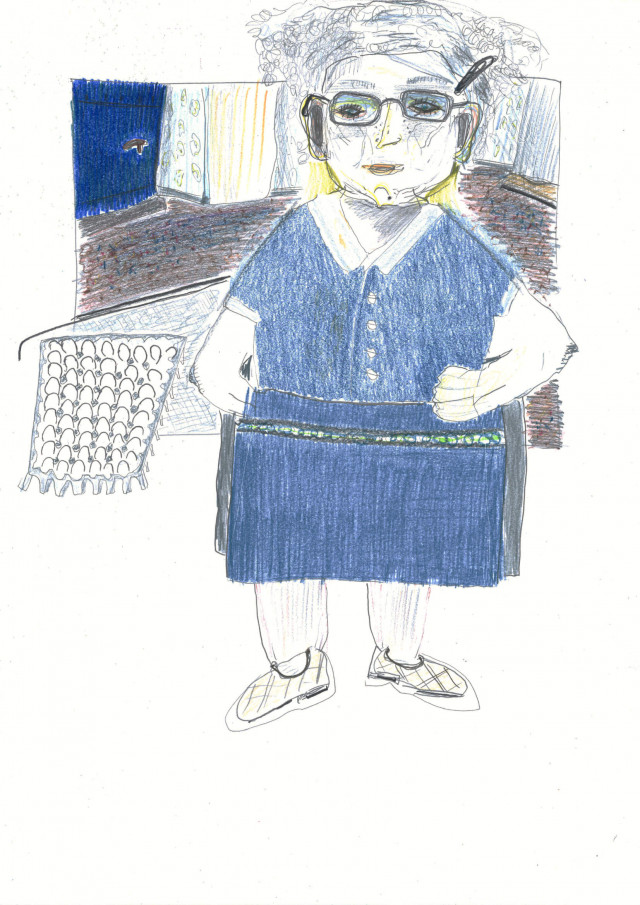
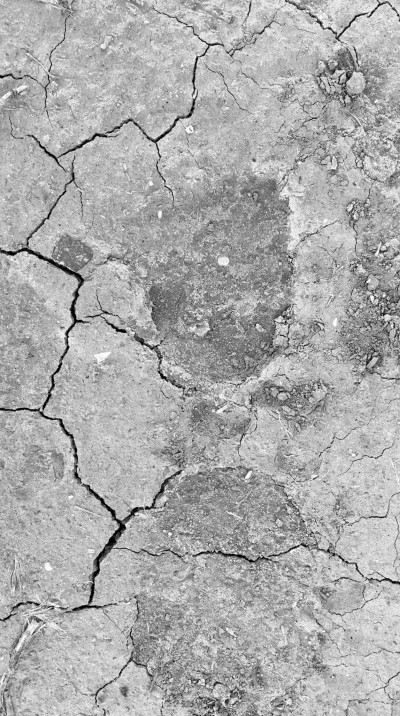
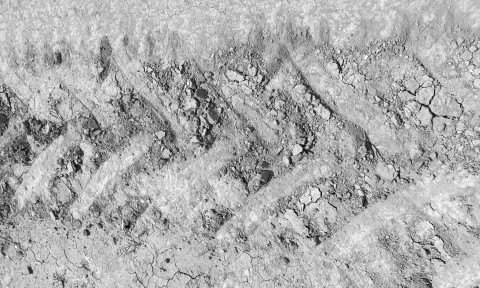
Traces.
Pre-historic traces, tractor traces, human traces.